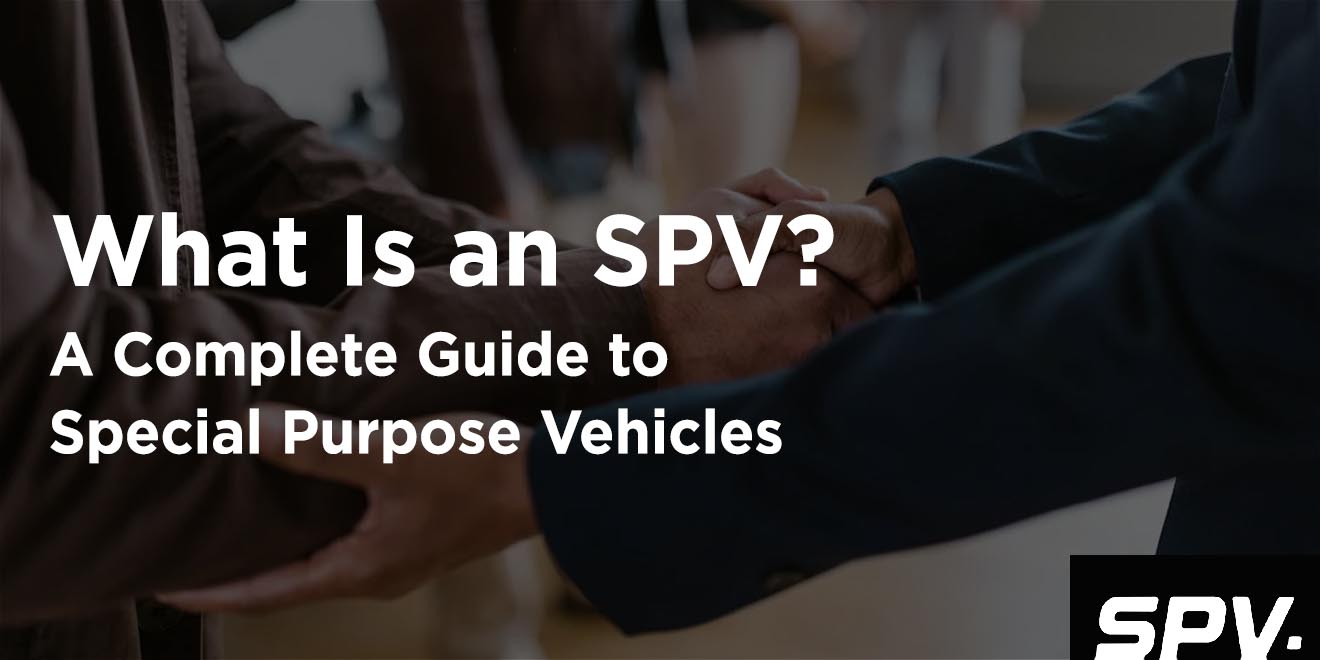
What Is an SPV? A Complete Guide to Special Purpose Vehicles
Special Purpose Vehicles have a reputation for being esoteric, almost mysterious, yet they sit quietly behind many of today’s boldest business moves—everything from high-profile real-estate projects to blockbuster film financing. At their core, SPVs are simply stand-alone legal entities designed to isolate financial risk, ring-fence assets, and streamline investment participation.
Once you peel back the jargon, the concept is surprisingly straightforward: create a separate entity, endow it with a specific mission, then let that entity carry the associated assets, liabilities, and cash flows without contaminating its parent company’s balance sheet. The following guide demystifies how these vehicles work, why they matter, and what to watch out for when you decide to launch one.
How a Special Purpose Vehicle Works
Special Purpose Vehicles—sometimes called an SPE (Special Purpose Entity)—are formed under corporate law as a limited liability company, limited partnership, or trust. The parent organization transfers or sells specific assets, contractual rights, or a dedicated project into the new entity. From that point forward, the SPV’s obligations, revenues, and risks live inside its own legal wrapper.
Should the project falter, creditors have recourse only to the assets sitting inside the SPV, not to the sponsor’s broader balance sheet. Conversely, if the endeavor flourishes, the gains can flow to investors with fewer administrative hurdles than if the assets sat on a sprawling corporate ledger.
Legal and Structural Framework
Every SPV begins with a formation document—articles of organization for an LLC, a partnership agreement for an LP, or a declaration of trust for a statutory trust. Once filed with the relevant jurisdiction, the vehicle opens a dedicated bank account, obtains its own tax identification number, and signs contracts in its own name. Standard-issue governance often includes:
- A board or managing member who makes strategic and operational decisions
- Independent directors to satisfy rating-agency or lender requirements
- Bankruptcy-remote provisions that restrict voluntary insolvency filings without unanimous consent
This scaffolding ensures that the SPV remains insulated, predictable, and transparent to outside investors.
Typical Use Cases
Real-estate development continues to be the classic SPV playground. A sponsor carves each building or land parcel into a separate entity to shield one project’s debts from another’s. In renewable energy, an SPV might own a single solar farm, allowing investors to gauge returns on that specific array instead of absorbing a diversified energy company’s full risk profile.
Venture capital funds lean on SPVs to pull together a syndicate of angel investors for a single start-up round. Movie studios and record labels launch SPVs to finance individual films or albums, letting royalty streams repay investors without clogging studio ledgers. The variety of applications underscores a single theme: isolate risk, clarify returns.
Core Benefits of Using an SPV
Sponsors typically cite four advantages:
- Risk Containment: Bankruptcy remoteness limits contagion between project-level losses and the parent’s operations.
- Capital Access: Because each project’s economics stand alone, an SPV can secure financing tailored to its own risk profile—sometimes at more favorable rates than the parent could command.
- Investor Clarity: A “clean box” of assets and liabilities simplifies due diligence, making it easier to price risk and forecast cash flows.
- Tax Flexibility: Sponsors can elect pass-through tax treatment (LLC or LP) or opt for corporate taxation, depending on the investor base and jurisdiction.
Taken together, these benefits explain why SPVs remain a staple in structured finance and why regulators, despite occasional misuses, continue to permit them as legitimate corporate tools.
Common Risks and Pitfalls
While the mechanics look neat on paper, SPVs are not a panacea. Sloppy structuring can backfire, and regulators pay close attention when off-balance-sheet vehicles smell more like accounting sleight-of-hand than bona fide risk isolation.
Regulatory Scrutiny
After the Enron collapse, accounting standards tightened. Today, U.S. GAAP and IFRS require sponsors to consolidate an SPV if they bear most of the variable economic risk or wield effective control. Ignore these rules, and you invite restated financials, auditor headaches, and reputational damage. On the securities side, the SPV’s interests may constitute unregistered securities; failure to comply with Regulation D or Regulation S can result in hefty penalties.
Operational Complexity
An SPV cannot be “set and forget.” It demands separate accounting, periodic audits, annual franchise fees, and independent decision-making. Lenders often insist on springing cash-flow waterfalls, reserve accounts, and covenants that come alive at the first sign of trouble. If the sponsor lacks the budget or discipline to maintain these requirements, the very protections an SPV promises can unravel.
Setting Up an SPV: Key Steps
For sponsors who remain undeterred, the roadmap generally looks like this:
- Define the Objective: Identify the asset or project you wish to isolate and articulate the exit strategy up front.
- Select Jurisdiction and Structure: Delaware LLCs rule the roost in the United States, while the Cayman Islands dominate cross-border fund SPVs. Pick based on tax treaties, investor familiarity, and local regulatory climate.
- Draft Constitutional Documents: Bake in bankruptcy-remote language, investor rights, distribution waterfalls, and management powers.
- Open Dedicated Bank and Custody Accounts: Co-mingling funds with the parent defeats the purpose of isolation.
- Secure Funding: This might entail a bank facility, private notes, or equity subscriptions. Align covenants with the projected cash flow profile.
- Implement Ongoing Governance: Schedule board meetings, adopt conflict-of-interest policies, and retain independent directors if rating agencies demand them.
- Monitor and Report: Provide periodic financial statements to investors and regulators, keeping impeccable records that stand up under audit.
Thoughtful execution at each stage differentiates a robust SPV from a ticking compliance time bomb.
Real-World Example: Bringing the Concept to Life
Consider a midsize developer planning a 200-unit apartment complex. Rather than piling a new loan onto the parent company, the sponsor forms “Maple Grove Apartments LLC,” an SPV created solely for the project. The land parcel, construction contract, and future rental income move into the entity. An institutional lender provides a non-recourse construction loan, secured only by Maple Grove’s assets. Limited partners commit equity through a private-placement memorandum.
Throughout construction and lease-up, the SPV issues quarterly reports detailing costs, occupancy, and debt covenants. If the market softens, the obligation remains ring-fenced; the parent’s other properties stay untouched. Conversely, if the project over-performs, the SPV can refinance or sell, distributing profits to investors without triggering cross-collateralization or balance-sheet noise at the parent level. The example may feel routine, but its elegance lies in precisely that predictability.
The Bottom Line
Special Purpose Vehicles offer a powerful, time-tested way to corral risk, attract targeted capital, and showcase transparent economics. They are neither inherently good nor bad; they are tools whose value depends on the skill and integrity of the people wielding them. Build the right legal shell, respect governance norms, and maintain clear, continuous reporting, and an SPV can speed new projects from concept to completion while shielding both sponsors and investors from unnecessary spillover risk.
Cut corners, and the promised protections evaporate in an instant. By understanding the mechanics, the benefits, and the potential pitfalls laid out above, you position yourself to deploy SPVs with confidence—and keep the focus where it belongs: on delivering the underlying project, not fretting over hidden liabilities.

Recent Posts
Newsletter
Get Latest News and Updates From VID.co! Enter Your Email Address Below.
Ready to get started with SPV formation?
Our team is here to guide you through every step, whether you’re launching a real estate SPV or need a tailored white label solution. Contact us today for a personalized consultation and find out how SPV.co can streamline your investment management.

.svg)


%201.svg)









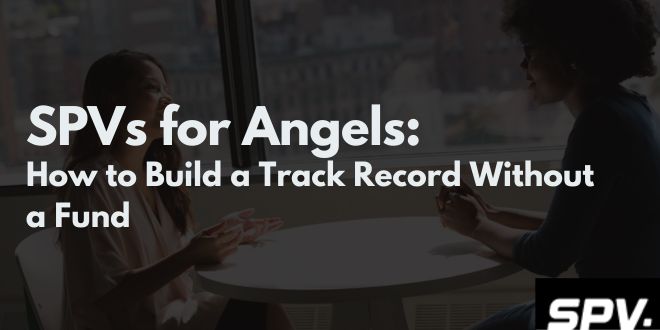


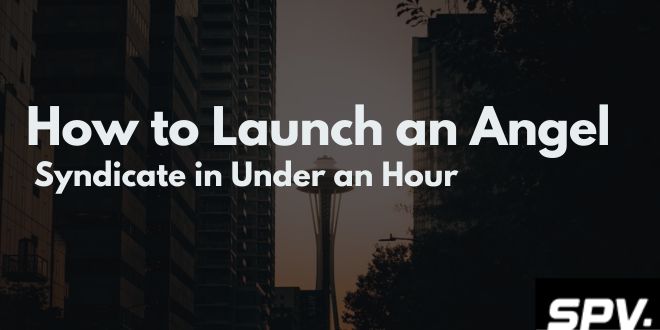
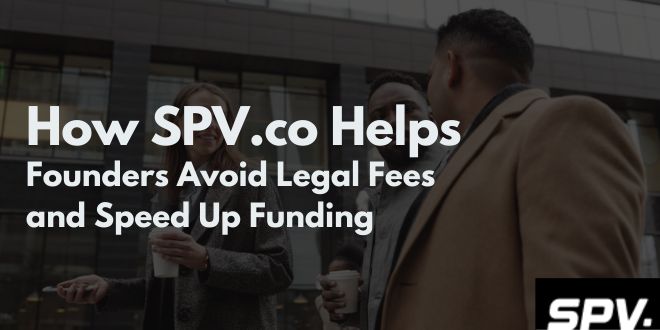
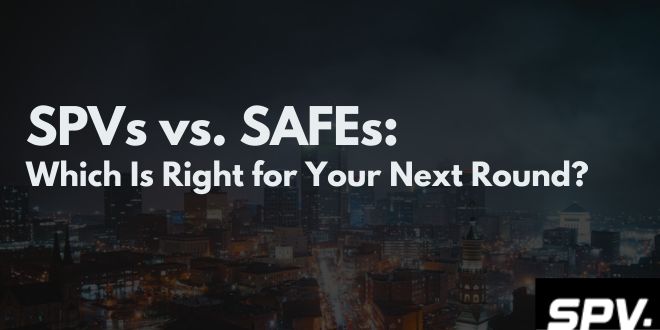


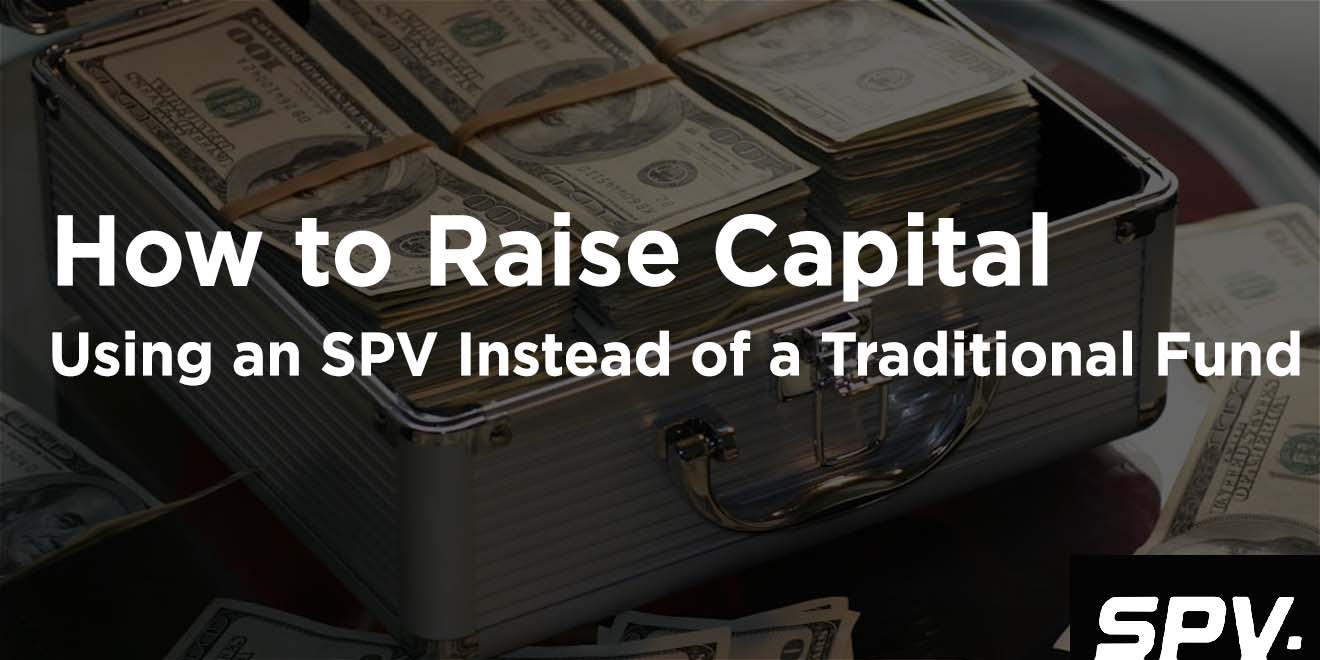
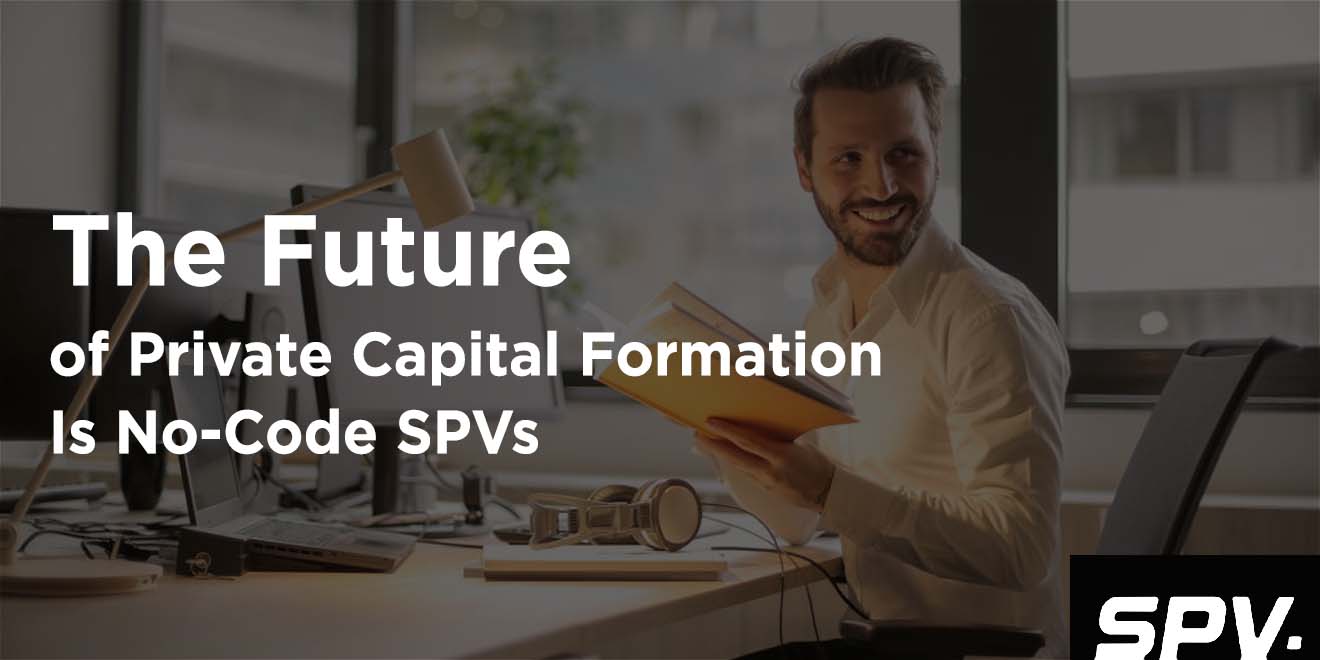
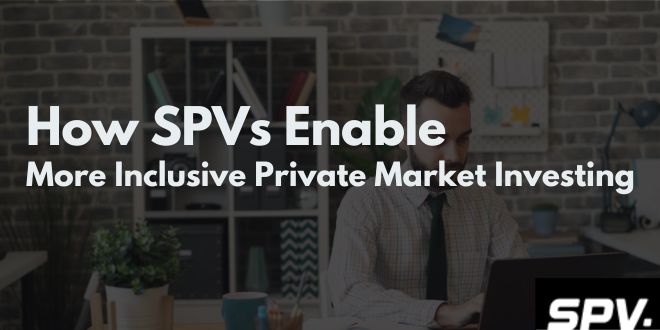

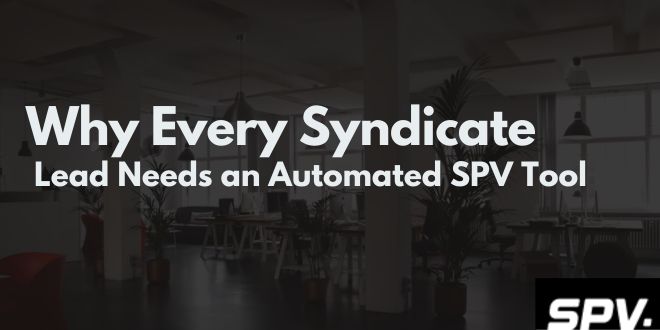
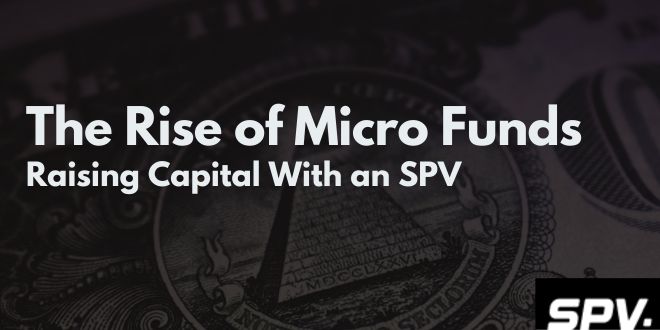
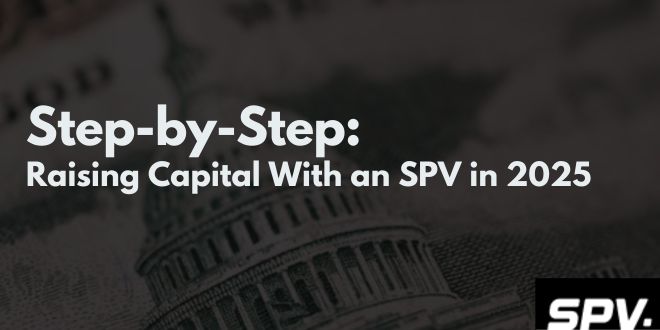

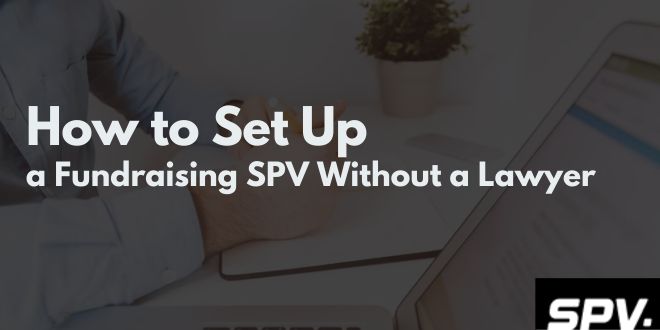
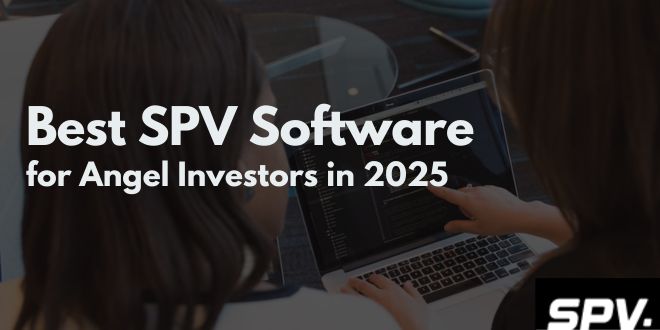
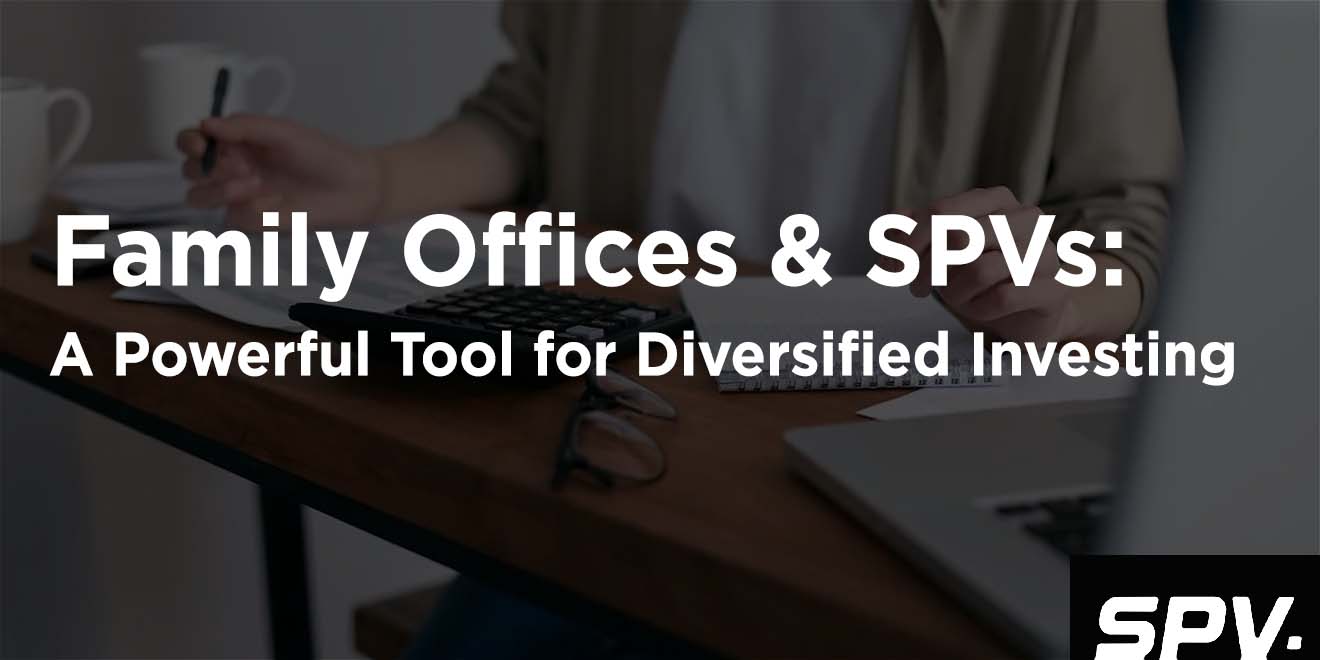
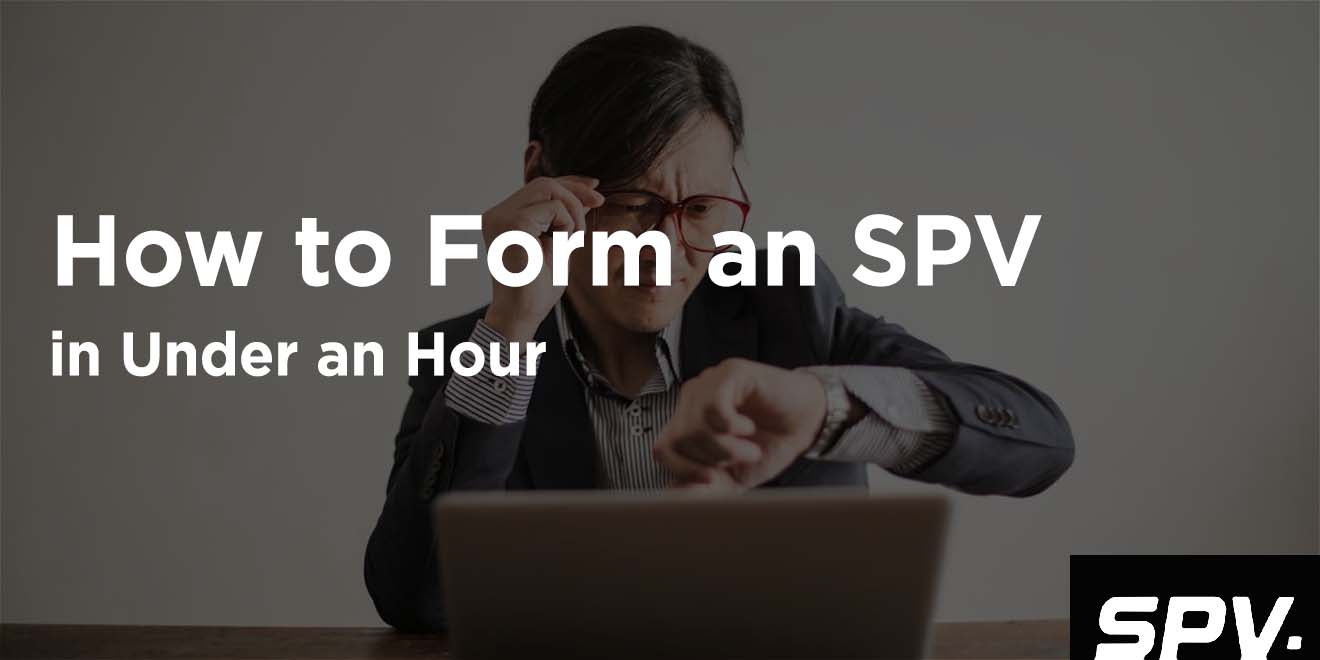


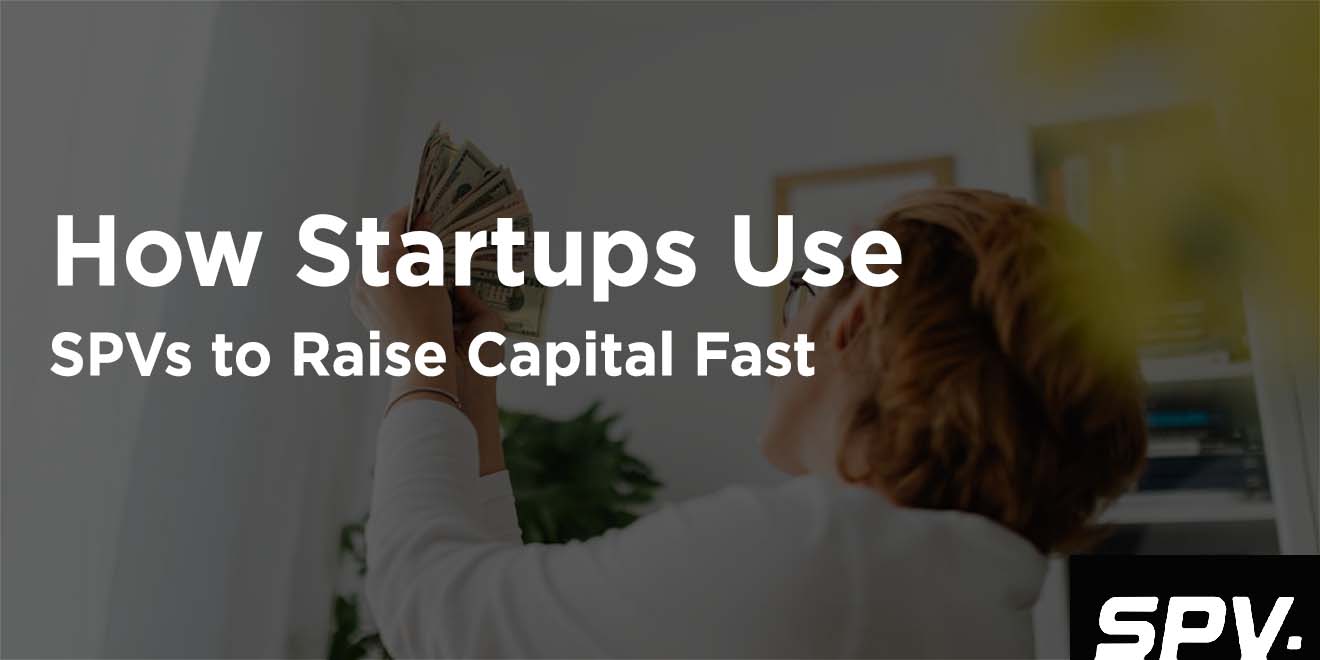


.jpg)


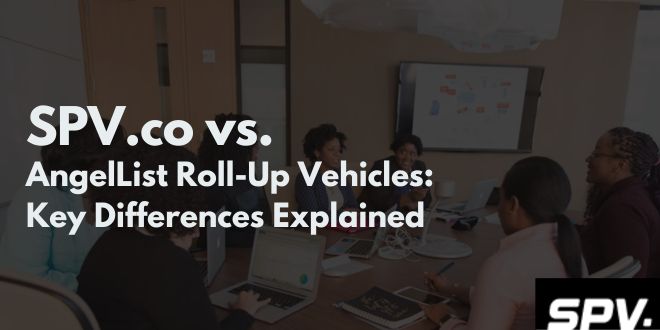

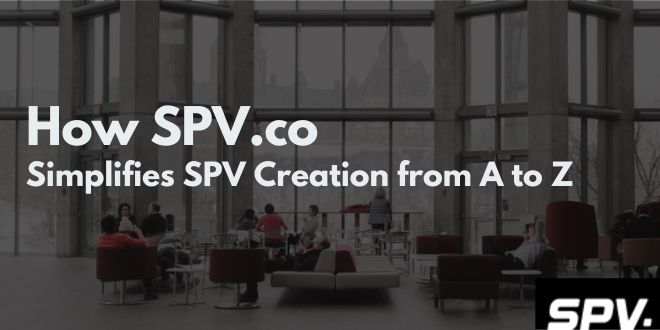
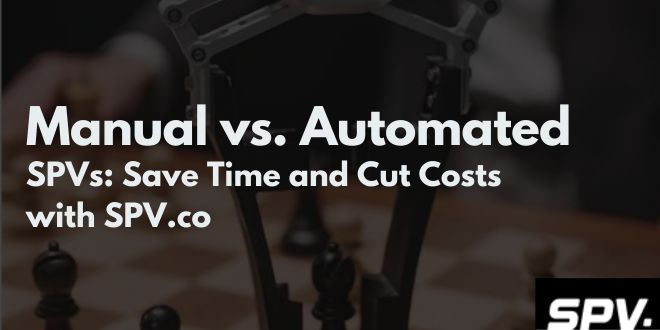
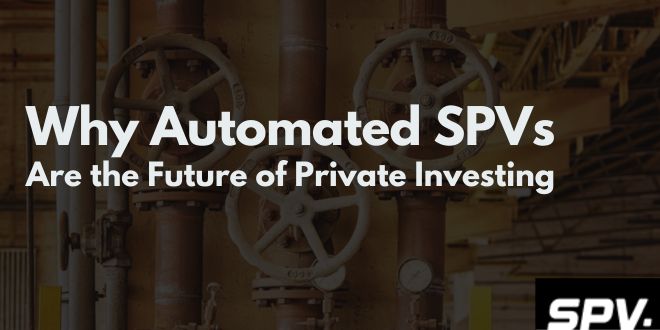

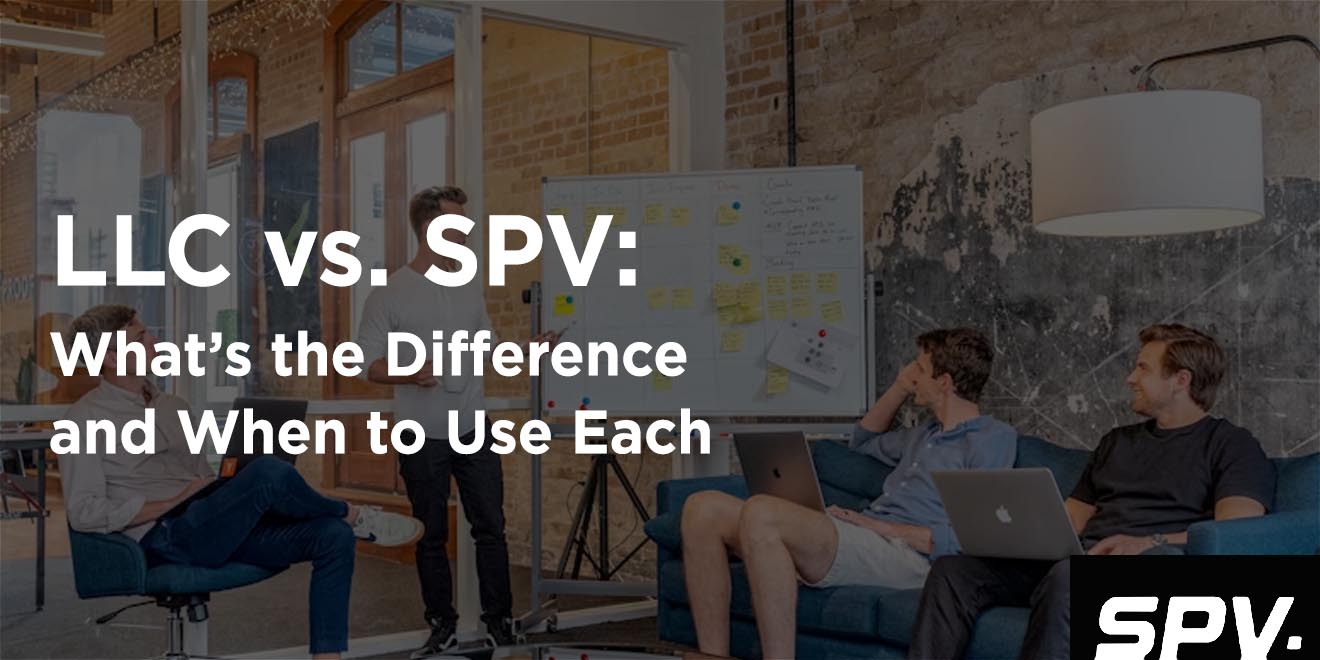
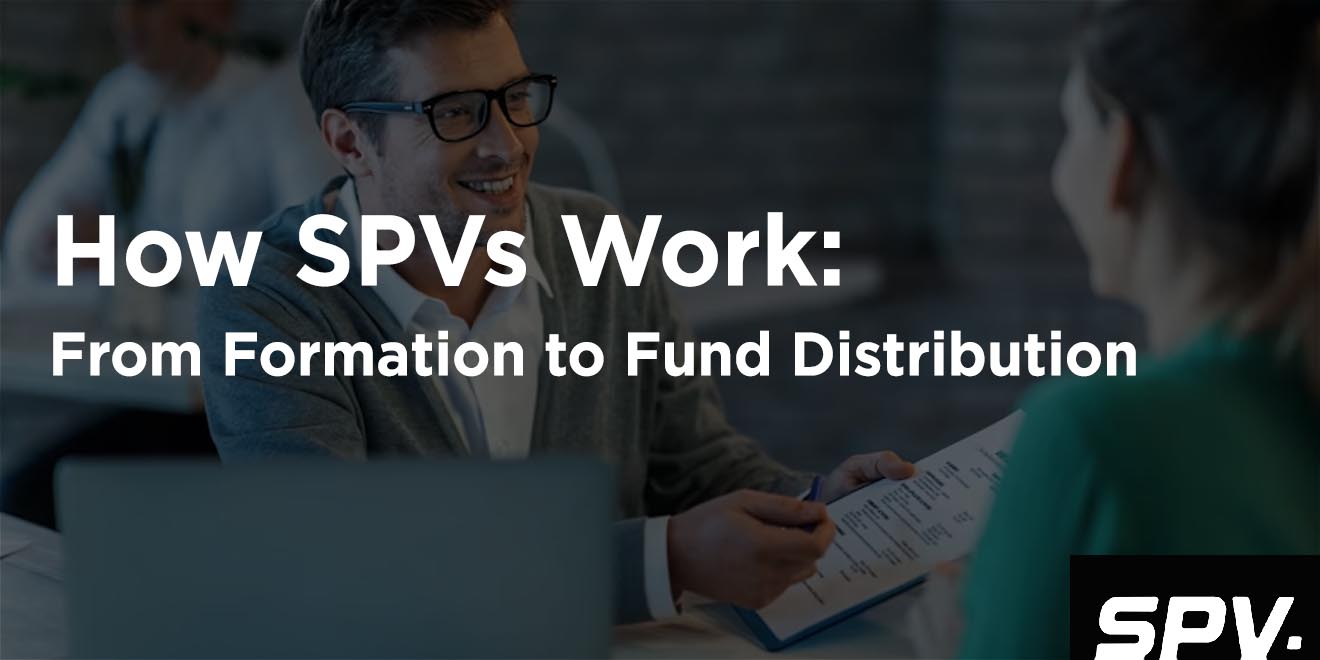
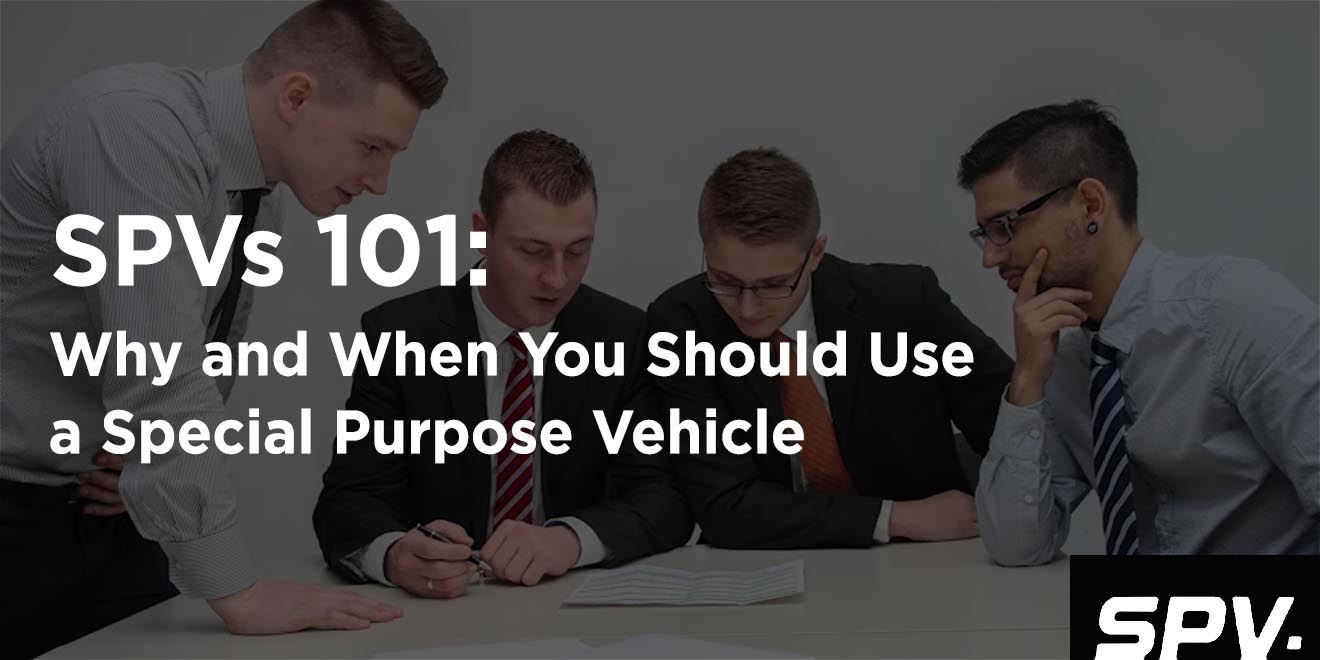


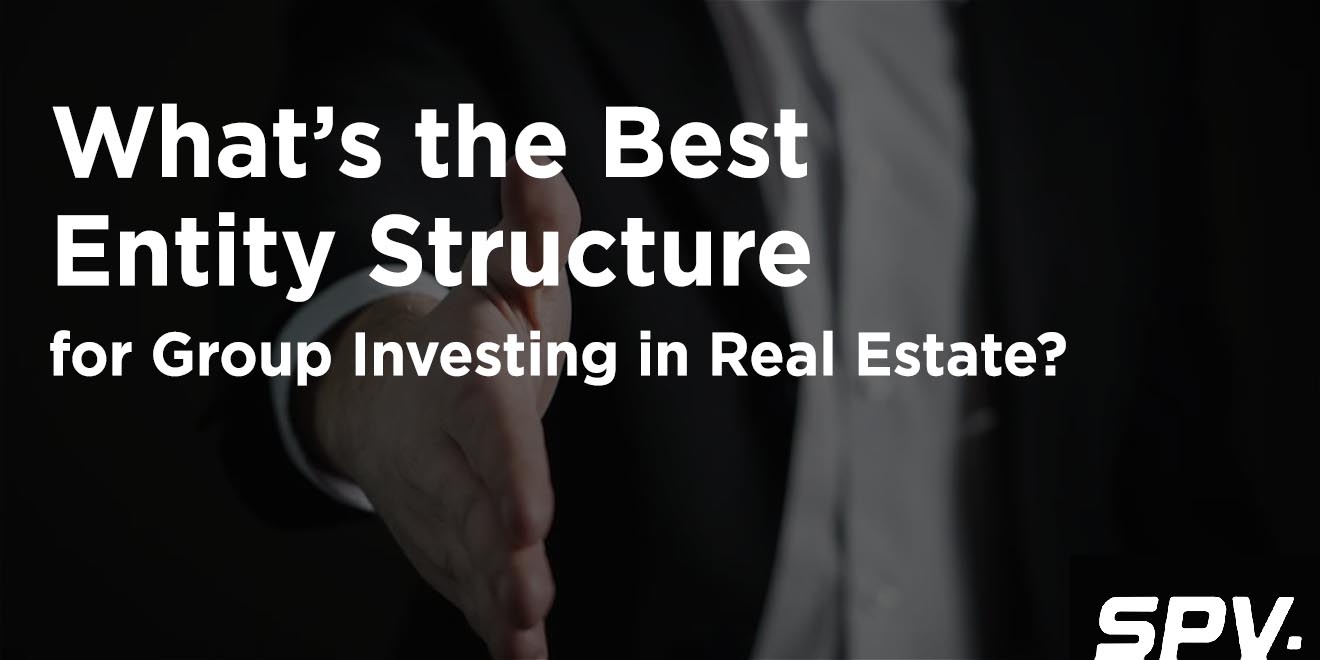


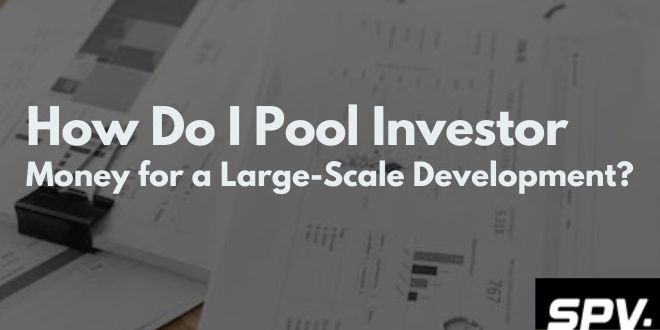


.jpg)










.jpg)




.jpg)
.jpg)





